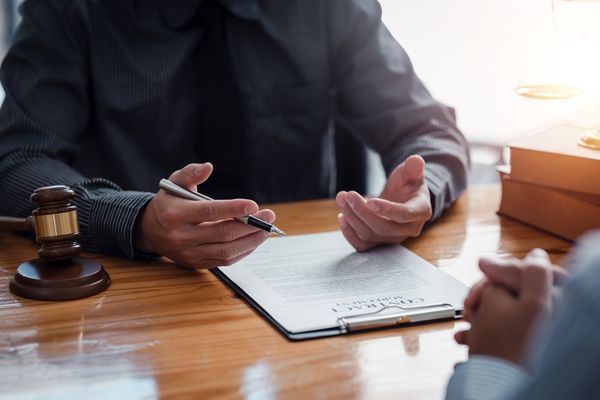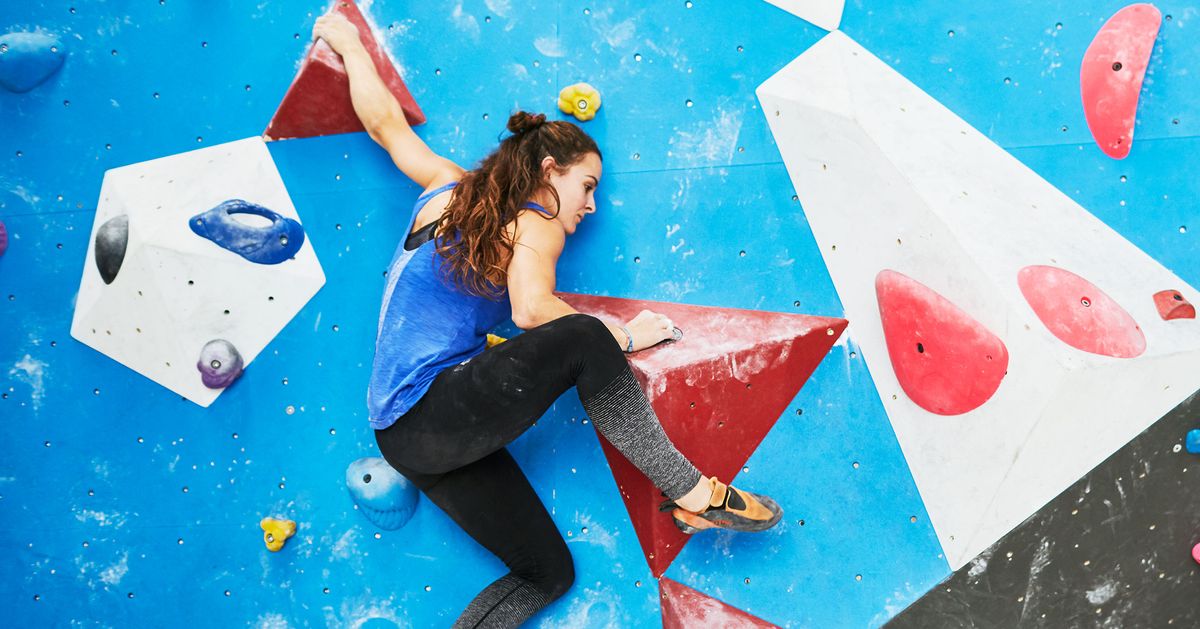
Understanding Juvenile Criminal Defense: When Young People Face Legal Challenges in Marietta
July 24, 2025When a minor is charged with a crime in Marietta, Georgia, the legal system operates differently than it does for adults. The juvenile justice system focuses on rehabilitation rather than punishment, but this doesn’t mean the consequences are less serious. Understanding the role of a juvenile criminal defense lawyer in Marietta and how the juvenile court system works can help families navigate these challenging circumstances.
How Juvenile Courts Differ from Adult Criminal Courts
The juvenile justice system in Georgia operates under fundamentally different principles than adult criminal courts. While adult courts primarily focus on punishment and deterrence, juvenile courts emphasize rehabilitation, treatment, and helping young offenders return to productive lives in their communities.
In Marietta’s juvenile courts, cases involving individuals under 17 years old are typically handled through the Superior Court’s juvenile division. The proceedings are generally less formal than adult criminal trials, and the terminology reflects the system’s rehabilitative focus. Instead of being “convicted” of a “crime,” juveniles are “adjudicated” for “delinquent acts.”
Key Differences in Juvenile Proceedings
Several important distinctions set juvenile cases apart from adult criminal matters. First, juvenile proceedings are typically closed to the public, protecting the minor’s privacy and future opportunities. The focus remains on what’s best for the child’s development rather than solely on the offense committed.
Additionally, sentencing options in juvenile court often emphasize education, counseling, community service, and family involvement. While detention is possible, courts generally prefer alternatives that keep young people in their communities while addressing the underlying issues that contributed to their behavior.
The Role of a Juvenile Defense Attorney
A juvenile criminal defense lawyer in Marietta serves as both legal advocate and counselor for young clients and their families. These attorneys understand the unique aspects of juvenile law and work to protect their clients’ rights while pursuing outcomes that support long-term rehabilitation.
Defense attorneys in juvenile cases must navigate complex legal and social considerations. They work closely with families, school officials, social workers, and court personnel to develop comprehensive defense strategies that address not only the immediate legal issues but also the underlying factors that may have contributed to the delinquent behavior.
Protecting Constitutional Rights
Despite the rehabilitative focus of juvenile courts, young people retain important constitutional rights throughout the legal process. These include the right to remain silent, the right to legal representation, and the right to confront witnesses. A skilled defense attorney ensures these rights are protected while working toward the best possible outcome for their young client.
Common Types of Juvenile Cases in Marietta
Juvenile cases in Marietta encompass a wide range of offenses, from minor infractions to serious felonies. Property crimes such as shoplifting, vandalism, and theft are among the most common charges facing young people. Drug-related offenses, including possession of marijuana or underage drinking, also frequently appear in juvenile court.
More serious charges can include assault, burglary, or even weapons offenses. While these cases are less common, they require experienced legal representation due to their potential for significant consequences, including possible transfer to adult court for older juveniles facing serious charges.
School-Related Offenses
Many juvenile cases in Marietta originate from incidents at school. Zero-tolerance policies have led to increased criminal charges for behavior that might have once been handled through school discipline alone. Fighting, bringing prohibited items to school, or making threats can result in criminal charges that require legal intervention.
The Importance of Early Legal Intervention
Engaging a juvenile criminal defense lawyer in Marietta early in the process can significantly impact the case outcome. Early intervention allows attorneys to investigate the circumstances thoroughly, gather evidence, and work with prosecutors to explore alternatives to formal charges.
In many cases, experienced defense attorneys can help arrange for diversion programs, which allow young offenders to avoid formal adjudication by completing community service, counseling, or educational programs. These alternatives help juveniles learn from their mistakes without acquiring a permanent juvenile record.
Understanding Potential Consequences
The consequences of juvenile adjudication extend beyond immediate penalties. While juvenile records are generally sealed, certain serious offenses can affect future educational opportunities, employment prospects, and even military service eligibility. An experienced attorney helps families understand these long-term implications and works to minimize their impact.
Working with Families Throughout the Process
Successful juvenile defense requires active family involvement. Defense attorneys work closely with parents and guardians to understand the family dynamics, identify support systems, and develop rehabilitation plans that courts find compelling.
Family cooperation is often crucial in demonstrating to the court that appropriate supervision and support exist to help the juvenile avoid future legal problems. This collaborative approach typically produces better outcomes than adversarial proceedings.
The Path Forward
The juvenile justice system in Marietta reflects society’s recognition that young people’s brains are still developing, particularly in areas related to decision-making and impulse control. This understanding drives the system’s emphasis on rehabilitation over punishment.
When families face juvenile criminal charges, understanding the system’s goals and securing experienced legal representation can make a significant difference in both immediate outcomes and long-term consequences. The juvenile criminal defense lawyer’s role extends beyond legal advocacy to include guidance, support, and helping young people learn from their mistakes while protecting their futures.
Navigating juvenile criminal charges requires understanding both the legal process and the developmental needs of young people. With proper legal representation and family support, most juveniles can move past their mistakes and continue toward productive, law-abiding lives.








